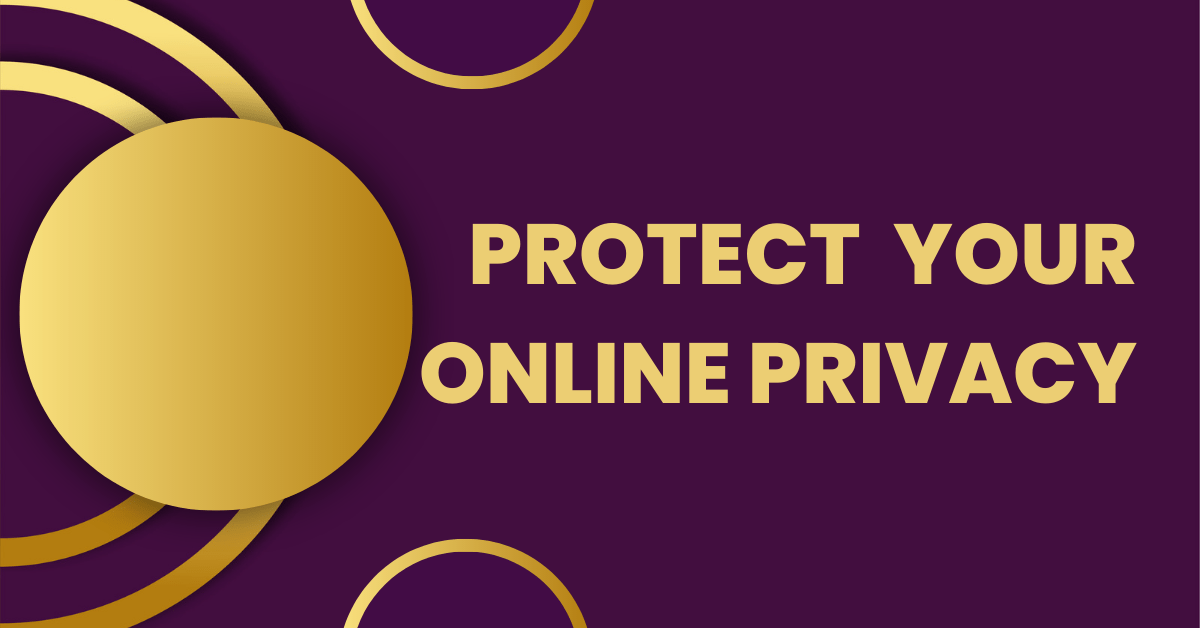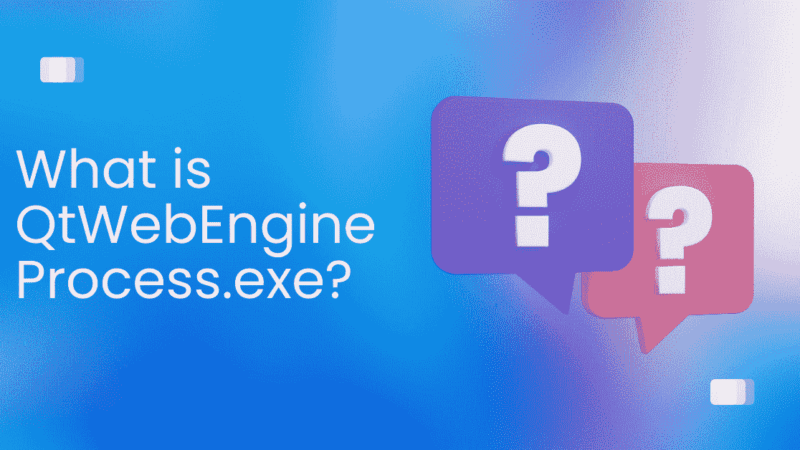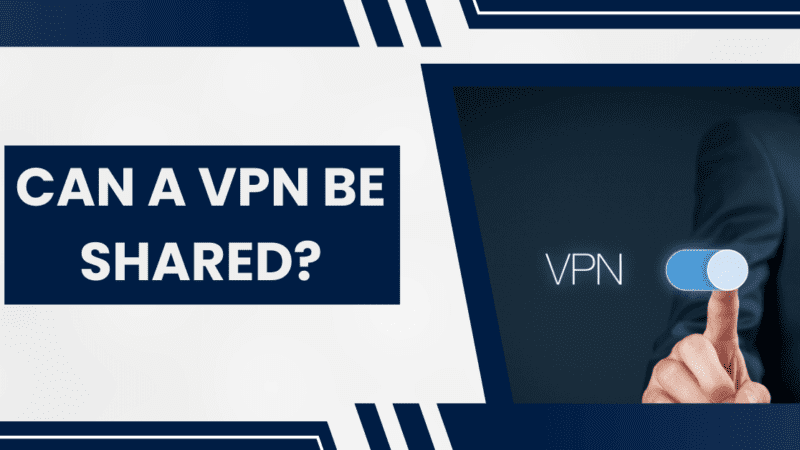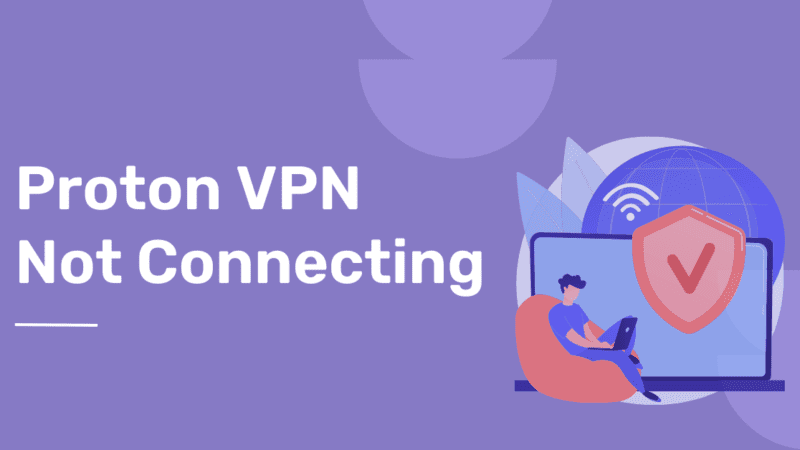How to Protect Your Online Privacy? – 7 Life Saving Tips

In today’s interconnected world, where technology plays an integral role in our daily lives, online privacy has become a critical concern. With the vast amount of personal information we share online, from social media profiles to financial transactions, ensuring the security of our private data is paramount. This article explores the concept of online privacy, assesses the level of security surrounding our personal information, and provides valuable tips on how to protect our online privacy.
What is Online Privacy?
Online privacy refers to the ability to control the information we share online and determine who has access to it. It encompasses the protection of personal data, such as financial details, social security numbers, addresses, and even online behaviors. Maintaining online privacy allows individuals to safeguard their identities, prevent unauthorized access to sensitive information, and preserve their digital footprint.
How Secure is Your Private Information Online?
In an era dominated by data breaches and cyber threats, it is essential to evaluate the security of our private information online. While various factors influence the level of security surrounding our data, it is crucial to understand the potential risks:
- Data Breaches: Organizations storing personal information are not immune to cyberattacks. Data breaches expose vast amounts of private data, including email addresses, passwords, and even credit card information.
- Social Engineering: Cybercriminals employ social engineering techniques to deceive individuals into sharing confidential information willingly. Phishing emails, phone scams, and impersonation are common tactics used to obtain sensitive data.
- Inadequate Security Measures: Weak passwords, unsecured Wi-Fi networks, and outdated software can leave personal information vulnerable to hackers and other malicious actors.
- Data Tracking and Profiling: Online services often collect and analyze user data to personalize content and target advertisements. However, this can infringe upon individual privacy rights if not done transparently or responsibly.
How To Protect Your Online Privacy?
While the digital landscape poses inherent risks, adopting proactive measures can significantly enhance online privacy and protect your private information:
1. Use Strong and Unique Passwords:
Create strong passwords comprising a mix of letters, numbers, and symbols. Avoid using the same password across multiple accounts and consider utilizing a password manager to generate and store complex passwords securely.
2. Enable Two-Factor Authentication (2FA):
Enable 2FA whenever possible to add an extra layer of security to your online accounts. This authentication method requires users to provide a second form of verification, such as a unique code sent to their mobile device, in addition to the password.
3. Be Wary of Phishing Attempts:
Exercise caution when clicking on suspicious links or providing personal information online. Verify the authenticity of emails and websites before sharing any sensitive data. Avoid sharing personal information through unsecured channels.
4. Update Software Regularly:
Keep your devices and software up to date with the latest security patches and updates. Manufacturers often release updates to address vulnerabilities and enhance protection against emerging threats.
5. Utilize Virtual Private Networks (VPNs):
When connecting to public Wi-Fi networks, use a VPN to encrypt your internet traffic and shield your online activities from potential eavesdroppers. VPNs create a secure and private connection, protecting your data from interception.
6. Review Privacy Settings:
Regularly review and adjust privacy settings on social media platforms and online services. Limit the amount of personal information you share publicly and be mindful of the permissions granted to applications.
7. Educate Yourself:
Stay informed about the latest threats and best practices for online privacy. Educate yourself and your loved ones about potential risks and encourage responsible online behavior.
Conclusion
In conclusion, online privacy is a vital aspect of our digital lives. It empowers us to maintain control over our personal information, preserve our identities, and protect ourselves from potential harm. By understanding the concept of online privacy, recognizing the potential security risks, and implementing effective protective measures, we can navigate the digital landscape with confidence, knowing that our private information remains secure. Let us embrace the responsibility of safeguarding our online privacy and encourage others to do the same, fostering a safer and more secure digital environment for all.






